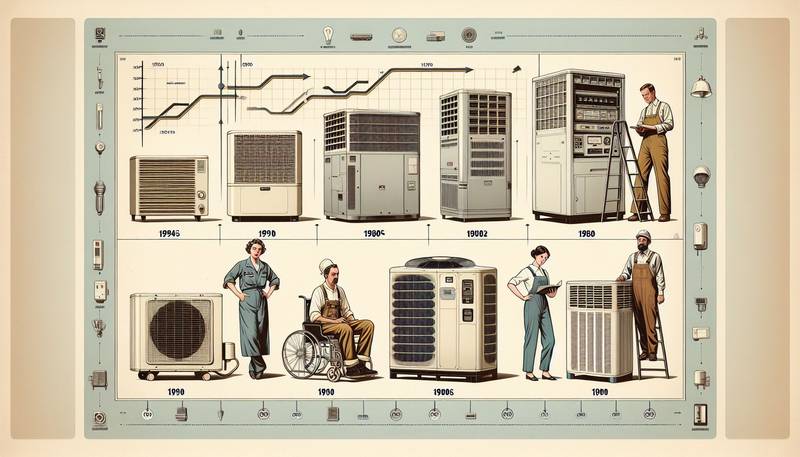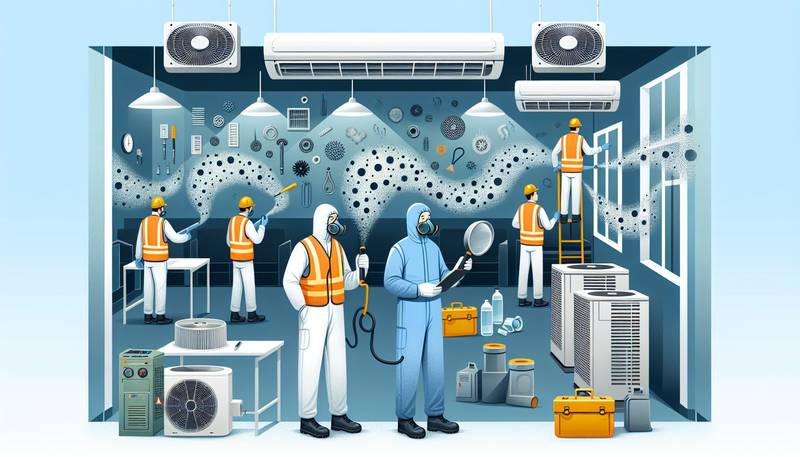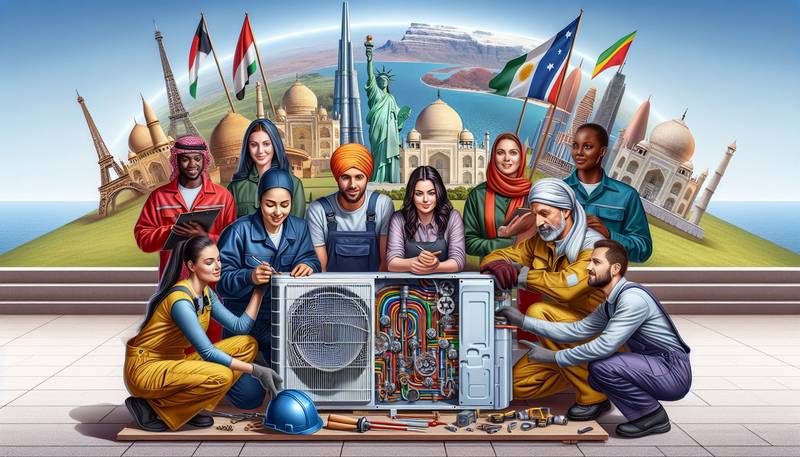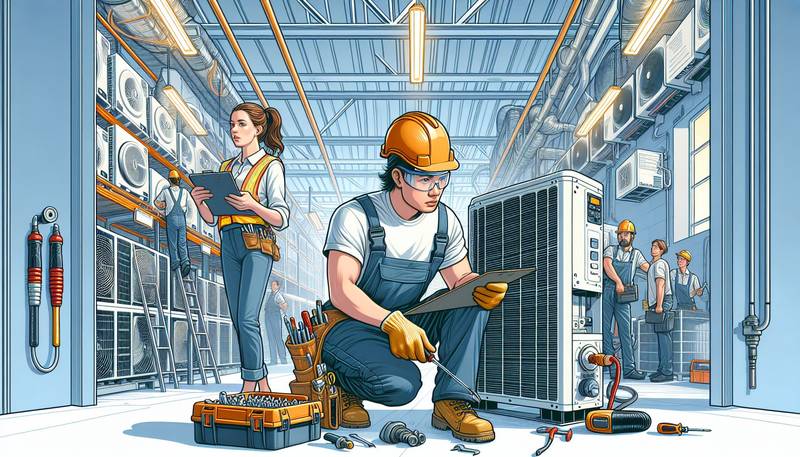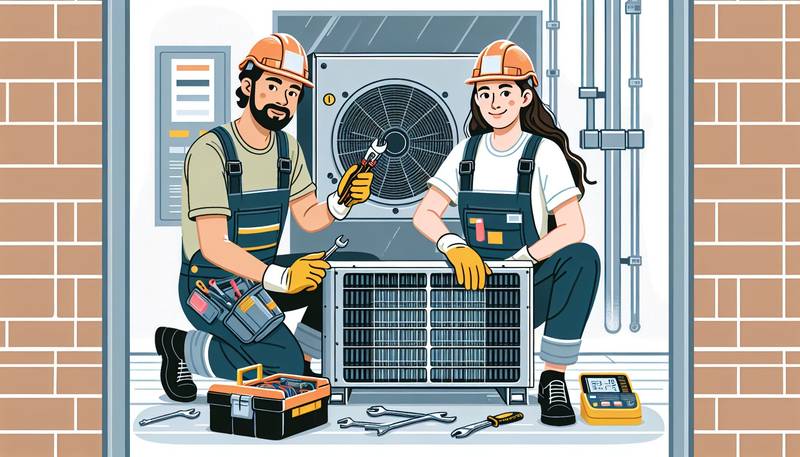Navigating the Career Path of Air Conditioning Technicians
As the demand for air conditioning services continues to rise, many individuals are considering a career in this field. However, navigating the career path of air conditioning technicians can be challenging without proper guidance and knowledge. In this article, we will explore the various steps and strategies that can help aspiring technicians build a successful career in the HVAC industry.
Education and Training
The first step to becoming an air conditioning technician is to obtain the necessary education and training. Many vocational schools, technical institutes, and community colleges offer HVAC programs that provide hands-on training and classroom instruction. These programs typically cover topics such as electrical systems, refrigeration principles, heating and cooling systems, and troubleshooting techniques. Additionally, aspiring technicians may also pursue certification programs offered by organizations such as the North American Technician Excellence (NATE) or the Refrigeration Service Engineers Society (RSES) to enhance their skills and credibility in the field.
Apprenticeship Programs
One of the most effective ways to gain practical experience in the HVAC industry is through apprenticeship programs. These programs allow aspiring technicians to work under the supervision of experienced professionals and learn the ins and outs of the trade. Apprenticeships typically last anywhere from 3 to 5 years and combine on-the-job training with classroom instruction. By completing an apprenticeship program, technicians can develop essential skills, build a professional network, and increase their employability in the job market.
Licensing and Certification
In many states, air conditioning technicians are required to obtain a license to practice legally. Licensing requirements vary by state but typically involve passing an exam that tests the technician's knowledge of HVAC systems, safety protocols, and building codes. Additionally, some employers may prefer or require technicians to hold industry certifications such as the Environmental Protection Agency (EPA) certification for handling refrigerants. Obtaining a license and certifications can not only demonstrate the technician's competence and professionalism but also open up more job opportunities and higher earning potential.
Career Advancement
As air conditioning technicians gain more experience and expertise in the field, they may have the opportunity to advance their careers and pursue higher-level positions. Some technicians choose to specialize in specific areas of HVAC, such as commercial refrigeration, industrial HVAC systems, or energy-efficient technologies. Others may transition into roles such as project managers, field supervisors, or HVAC instructors. By continuing their education, staying up-to-date on industry trends, and seeking out professional development opportunities, technicians can position themselves for long-term success and growth in their careers.
Networking and Professional Development
Building a strong professional network is essential for air conditioning technicians looking to advance their careers and stay competitive in the industry. Attending industry events, joining professional organizations like the Air Conditioning Contractors of America (ACCA) or the Heating, Refrigeration and Air Conditioning Institute of Canada (HRAI), and participating in online forums can help technicians connect with peers, stay informed about industry updates, and access valuable resources and job opportunities. Additionally, technicians should invest in their professional development by attending training programs, workshops, and seminars to expand their skills and knowledge base.
Conclusion
Navigating the career path of air conditioning technicians requires a combination of education, training, experience, and professional development. By obtaining the necessary education and certifications, completing apprenticeship programs, and actively networking with industry professionals, aspiring technicians can build a successful and rewarding career in the HVAC field. With the increasing demand for air conditioning services and the evolving technology in the industry, there are plenty of opportunities for technicians to grow and thrive in this dynamic and essential profession.




